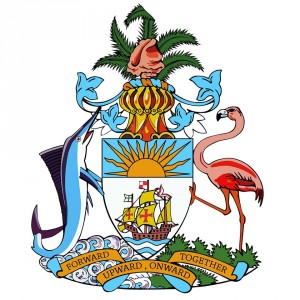The Bahamas – a member of The Executive Committee of The Commonwealth Foundation
The Bahamas – a member of The Executive Committee of The Commonwealth Foundation
The Bahamas is now a member of the Executive Committee of The Commonwealth Foundation for 2016/2017. The Bahamas’ membership nomination was put forth by Barbados and seconded by Antigua and Barbuda at the Board of Governors Meeting of the Commonwealth Foundation held 23rd June 2016. The decision for the Bahamas to serve on the Committee was finalized on 15th September 2016 by the Commonwealth Foundation.
Being a member of the Executive Committee will allow The Bahamas to be an influential voice to the further development of Civil Society, to address cross cutting issues in gender equality, education and youth affairs, health, and sustainable development in The Bahamas and the wider Commonwealth.
The Bahamas replaces Barbados as one of the representatives for the Caribbean Region and will be one of the eight contributing countries in addition to four higher contributing countries.The other countries that were nominated to serve on the Executive Committee are as follows:Nigeria and Australia as a part of the four higher contributing countries; and Ghana as a part of the eight other contributing countries. The other members of the committee are: Malta (chair of the EXCO); Canada, and New Zealand (Higher Contributing Countries); Uganda (Africa); Pakistan (Asia); Antigua and Barbuda (Caribbean); United Kingdom (Europe); and Papua New Guinea (Pacific).
The last time The Bahamas served as a member of the Commonwealth Foundation’s Executive Committee was in 2009. The Bahamas completed its tenure on the Grants Committee in June 2016, a sub-committee of the Executive Committee that assesses applications for grant funding, for projects for eligible civil society organizations and groups in member countries, three times a year.
The Commonwealth Foundation is a development organization with an international remit and reach, uniquely situated at the interface between government and civil society. Its main goal is to develop the capacity of civil society to act together and learn from each other to engage with the institutions that shape people’s lives. It strives for more effective, responsive and accountable governance with civil society participation, which contributes to improved development outcomes.

